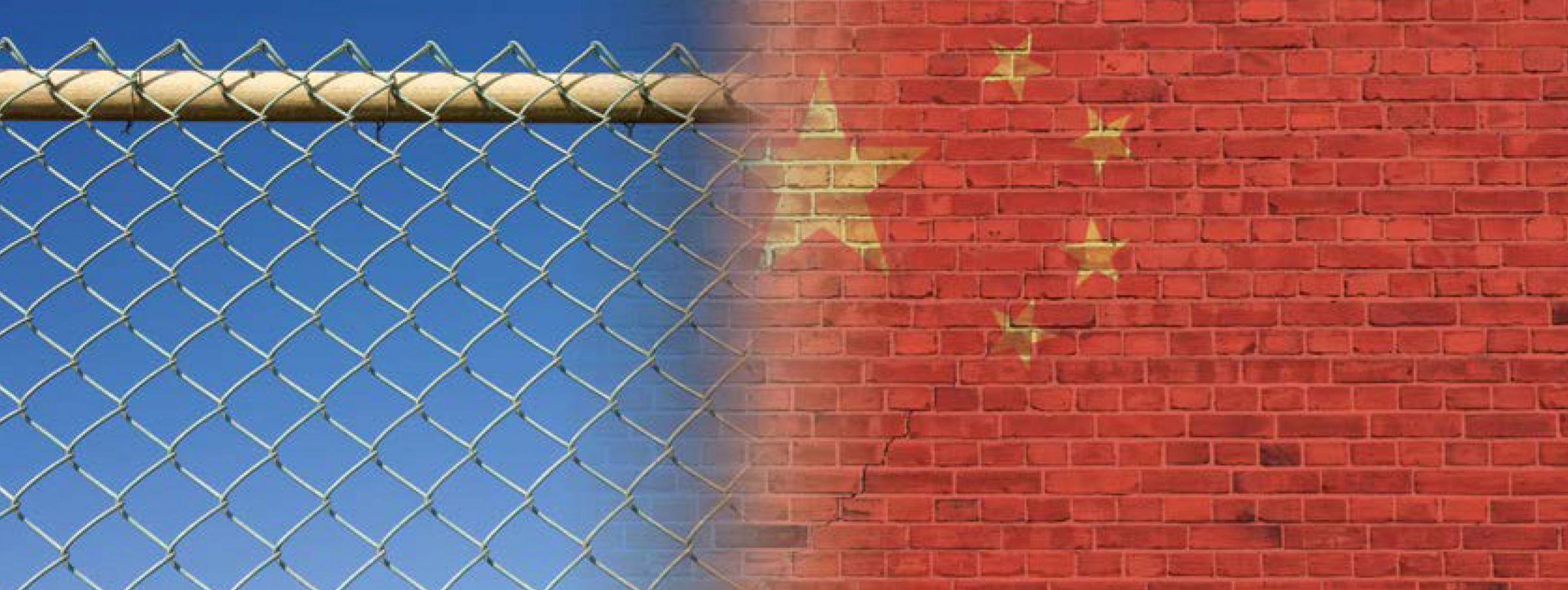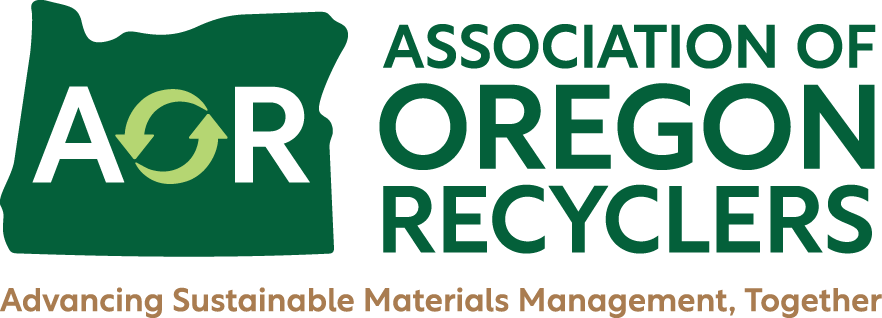Recycling
Additional scrap grades now on China’s restricted list
The People’s Republic of China has announced that eight types of scrap metal will move from its “Catalogue of Solid Waste Not Restricted to Import as Raw Materials” list to its “Catalogue of Solid Waste Restricted to Import as Raw Materials” list. According to a news release from the Brussels-based Bureau of International Recycling (BIR), the items will be moved to the restricted list beginning July 1, 2019.
Recology CEO: It’s time to tackle plastics crisis
The good news is, our collective efforts to reduce, reuse, recycle and compost have made San Francisco the most successful big city in America at reducing what goes to landfill.
Recology, Agilyx, Oregon town partner on polystyrene recycling program
McMinnville, Oregon, residents will soon be able to recycle polystyrene thanks to a partnership between Recology Western Oregon, the city’s waste hauler, and Agilyx Corp., Tigard, Oregon.
Tackling sustainable recycling: DEQ report reflects Klamath County's rural barriers
According to an Oregon Department of Environmental Quality waste generation report, Klamath County recovered 24.3 percent of the 78,171 tons of waste it generated in 2017.
The report, released in December, breaks down “recovery rates” — percentage of waste recycled — by both county and the state as a whole. Klamath County fell below Oregon’s overall 42.8 percent rate, but according to local and state waste experts, Klamath did well despite geographic and economic and barriers.
How Mountains of U.S. Plastic Waste Ended Up in Malaysia, Broken Down by Workers for $10 a Day
How scrap from California ended up in a junkyard 8,500 miles away, broken down manually by workers earning $10 a day, is the story of the reshaping of the global garbage and recycling system. For three decades the United States and other industrialized nations have shipped most of their plastic waste overseas — primarily to China, where cheap labor and voracious factories dismantled the scrap and turned it into new plastic goods.
Americans could know more about recycling
More than half (52 percent) of Americans feel they don’t have access to recycling, particularly young people and low-income families, but that’s not to say they don’t want to recycle.
Sorting game could reduce contamination
A simple online game can teach people to more accurately sort waste and recycling with lasting results, a new study from the University of British Columbia (UBC) in Vancouver has found.
Could Opportunity Rise from the Chinese Recycling Crisis?
Earlier this year, the American recycling community was stunned by a knockout punch from the Far East as new rulings from China turned a once profitable relationship upside down. In January 2018, Beijing stated that it was banning intake of most paper and plastic waste in accordance with a new environmental policy designed to free China from being the world’s “dumping ground.” The ban extends to other materials as well, and American recyclers are now scrambling to find a way to dispose of tons of material that normally would be enroute to Asia.
From Green Fence to red alert: A China timeline
 Over the last year, staff from Resource Recycling Magazine created a chronological rundown of import policy action across Asia to help stakeholders get a firm grasp on the Chinese import policies that are reshaping materials recovery around the planet.
Over the last year, staff from Resource Recycling Magazine created a chronological rundown of import policy action across Asia to help stakeholders get a firm grasp on the Chinese import policies that are reshaping materials recovery around the planet.


